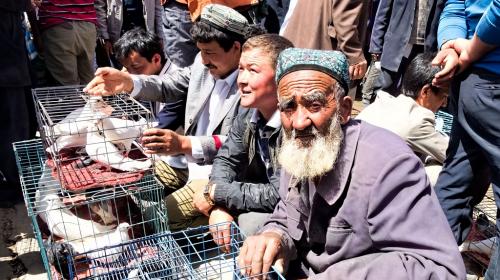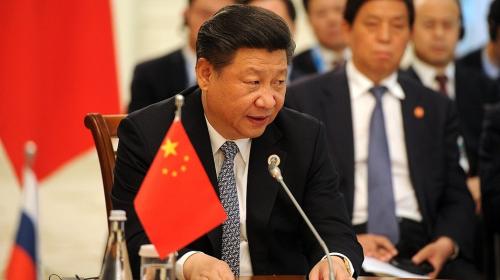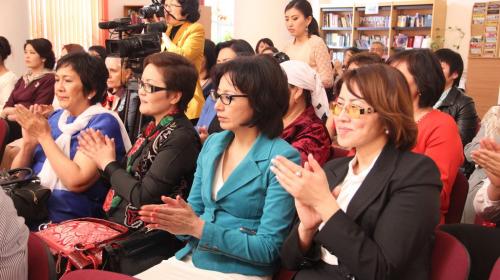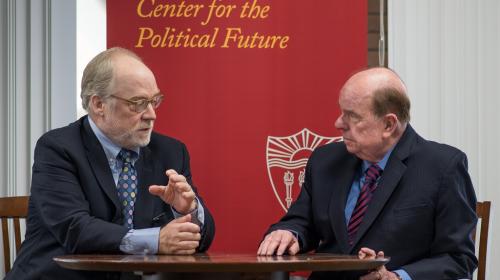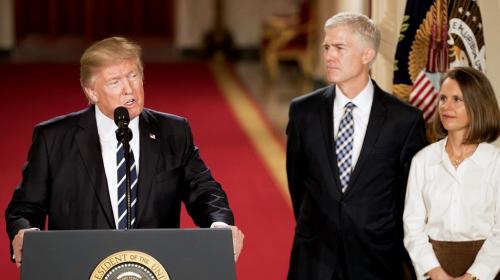Harsh rhetoric and trade wars have tarnished a once-promising relationship, write Atman Trivedi and Aparna Pande.
This week, China detains 2 million Uighurs in re-education camps; populism continues to rise in Europe; Sudan’s president dissolves his country’s government; and more.
While there are many reasons to distrust China, there are even more reasons to avoid blaming China because the root cause of America’s current economic anxiety has less to do with any decision made in Beijing, and much more to do with those made or not made in Washington, writes Benjamin Shobert.
At a time of great change in Asia, greater gender equality and the advancement of women’s rights should continue to grow across the region, write Eileen Pennington and Elizabeth Silva.
This week, the United States cuts aid to Pakistan by $300 billion; Leaders meet to discuss Syria; Pentagon reconsiders Africa strategy; and more.
On this 17th anniversary of the 9/11 attacks, the Pacific Council’s GTMO Task Force announces the release of its second report to renew the call for federal judges to preside over the military trials at Guantánamo and equip them with expanded powers to enforce deadlines, levy consequences, and propel these cases toward fair and final conclusions.
Dr. James L. Dr. Gelvin of UCLA provided a broad historical perspective to the current state of the modern Middle East during the first installment of the Pacific Council’s "How Did We Get Here?" series.
The survival of a democratic society doesn’t require friendship from adversaries, but it fundamentally depends on respect for each other—and for the truth, write Robert Shrum and Mike Murphy.
Patt Morrison interviewed Pacific Council member Judge Ashley Tabaddor about her role as president of the National Association of Immigration Judges in the Los Angeles Times.


